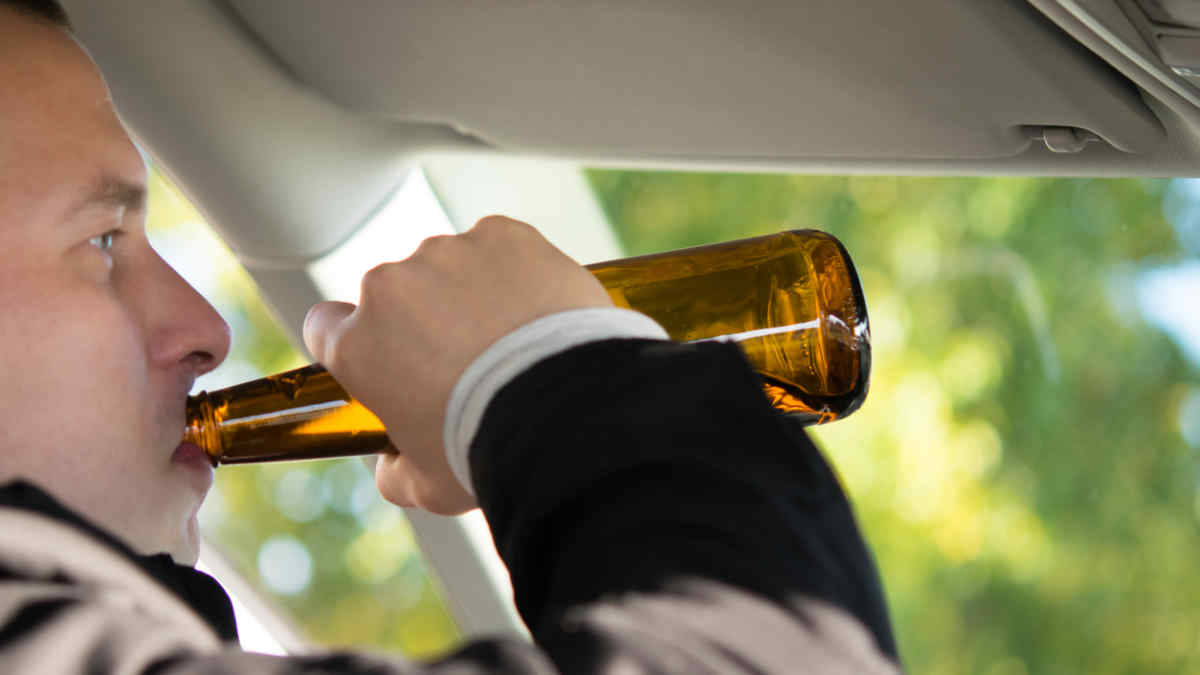

?When an employer suspects a worker has been drinking on the job or is intoxicated at work, it should respond to ensure the safety of the employee, their co-workers and customers. That response may entail doing a quick investigation and having a conversation with the employee, along with possibly sending them for breath alcohol testing and escorting them home.
Discipline can range from a final written warning to suspension without pay to immediate termination, said Debra Friedman, an attorney with Cozen O’Connor in Philadelphia.
Investigate and Develop an Initial Response
Employers should first confirm the suspicion that an employee has been drinking, said James Reidy, an attorney with Sheehan Phinney in Manchester, N.H.
Is the suspicion based on rumor? Is it based on the employee’s attendance after a long weekend? Is it based on observation by others, such as a co-worker seeing an employee drinking in a car, on break or at lunch? Is it because of the smell of alcohol on or around the employee? Or is the employee slurring words, having difficulty with motor skills or falling asleep at work? Employers need to make sure there’s not some other reason, such as a reaction to medication or a medical condition such as Parkinson’s disease or narcolepsy.
“While drinking on the job or coming in to work under the influence of alcohol is never acceptable, it is more of a problem in some jobs—for example, truck driver, pilot, school bus driver [and] forklift operator,” Reidy said.
The matter can be investigated in several ways, he said, including:
- Interviewing witnesses.
- Reviewing attendance logs.
- Reviewing videotape.
- Searching the employee’s desk, locker or workspace, if a company policy or handbook allows the employer to do so.
- Meeting with the employee.
What to Ask an Employee Suspected of Drinking
Once the drinking is confirmed, the employee should stop working and the employer should meet with them in private, Friedman said.
“The employer should share their observations of the employee’s behavior and ask if anything is wrong,” Friedman said. The employer “should not try and diagnose the cause of the behavior.”
However, Jennifer Mora, an attorney with Seyfarth in San Francisco, said employers might consider directly asking if the employee has been drinking. “It’s best to have a witness present and to document the conversation and the [indications] of impairment that resulted in the employee being questioned, but try not to be accusatory or confrontational,” she said.
Employees suspected of being under the influence of drugs or alcohol at work will usually deny it, said Kathryn Russo, an attorney with Jackson Lewis in Melville, N.Y.
Friedman said the employer’s documentation of the employee’s behavior might include:
- Appearance, such as being disheveled or flushed, having tremors or sweating profusely.
- Slurred or incoherent speech.
- Impaired motor skills, such as unsteadiness, staggering or lack of coordination.
- Other behaviors, such as vomiting or being agitated, paranoid, withdrawn, or verbally or physically abusive.
Employers should also record the date, time, employee location and any witnesses.
The employer should not accuse the employee of being addicted to alcohol or give advice on potential treatment options, Russo said. If the employee doesn’t have an addiction, they could make a claim under the Americans with Disabilities Act of being erroneously regarded as being addicted.
It’s important to keep the conversation confidential, she added.
Last-Chance Agreements and Termination
If the employee claims to have an addiction to alcohol, a common response among employers is to provide both a leave of absence to attend a treatment program and a last-chance agreement, Friedman said.
Such an agreement allows the employee to address the underlying problem while making it clear that drinking on the job is unacceptable and won’t be tolerated.
“If the employee is caught drinking on the job and has already been given a leave for treatment and/or a last-chance agreement, termination may be appropriate,” she said. “If a substantial period of time has lapsed since the prior drinking occurrence, however, some employers will offer another leave and last-chance agreement.”
If the employee claims to be addicted to alcohol and immediately enters treatment, the employer may still discipline the employee for violating company policy. The employee is being disciplined for their job performance or behavior, not their disability, Friedman explained.
“An employer need not always offer to accommodate an alcoholic with a leave of absence for treatment,” she said. If the employee’s behavior due to drinking on the job was egregious, particularly if it put the employee or others in harm’s way, immediate termination may be appropriate.
When to Use Breath Alcohol Testing
“Employers generally should not attempt to conduct their own Breathalyzer testing, as it is not legal in some states and there are many practical pitfalls in doing so,” Russo said.
If the employer has a reasonable suspicion drug and alcohol testing policy, the employee generally may be sent for testing, she said, noting that testing for alcohol is governed by applicable local and federal laws, in addition to state laws.
For example, sending the worker for reasonable suspicion breath alcohol testing is required by federal law for employees regulated by the U.S. Department of Transportation.
Escort the Worker Home
“If there is no drug and alcohol testing policy, the employer may escort the employee home,” Russo said. “It is recommended that a supervisor or manager should take [the worker] home in an Uber or Lyft, or a family member should be contacted to pick up the employee.”
If the employer doesn’t exercise care in sending the employee home, the employer may be liable for harm caused by the employee after they leave work.
An employer also could be liable for an employee’s misuse of alcohol in the workplace if personal injury or property damage results from that misuse, Reidy said. If the employer knows or should have known about the alcohol misuse, it should take timely and effective steps to address it, he said.

